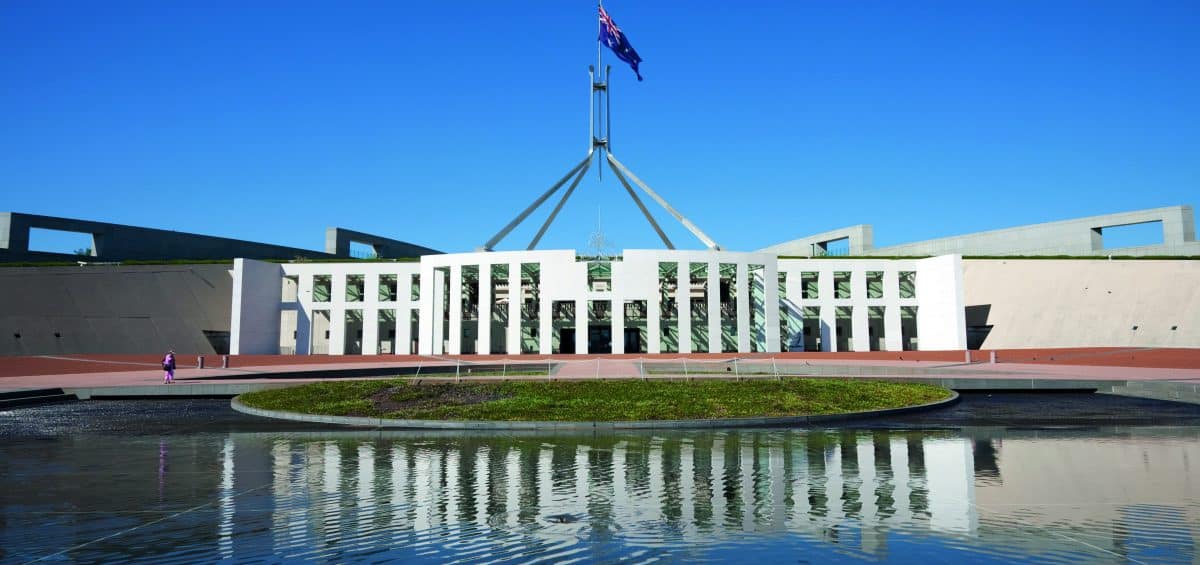The first sitting fortnight of the 48th Federal Parliament shed little light on the fate of the proposed Division 296 superannuation tax. The measure, which sparked widespread public debate during the 2025 Federal Election campaign, remains in limbo.
Anthony Albanese’s Labor Government now holds a clearer path through the Senate, no longer relying on crossbench votes to pass the legislation. Yet, the Greens are holding firm on their demand to lower the tax threshold to $2 million with added indexation, something Treasurer Jim Chalmers has flatly refused to negotiate on.
The bill was not introduced in July, pushing its earliest possible return to Parliament to late August.
Speaking with the ABC, Finance Minister Katy Gallagher acknowledged that talks were still ongoing to secure backing for the legislation.
“We’ve got our legislation that we’re putting in that the PM said was our priority. The Treasurer has, you know, discussions to continue with other parties. We don’t have, and we didn’t have, majority through the Senate for that piece of legislation, so there’s a little bit more to do there,” Gallagher said.
“We have to get the numbers, we have to get the numbers to get the bill through. We didn’t have that in the last Parliament.”
Minister Gallagher confirmed the Greens are the most likely route to passing the bill in the Senate, noting that “the Treasurer is going to have those discussions with the Greens,” and emphasised that Labor is not adopting a rigid negotiating stance.
“We, as always, in a minority chamber you’ve got to, you’ve got to talk with others. And you know, I know the Treasurer will be doing just that, but we need to get the numbers,” she told the ABC.
Despite ongoing conversations, neither side has shown any signs of shifting from their position.
Treasurer Chalmers has consistently reiterated Labor’s commitment to enacting the policy exactly as it was originally proposed.
“The unrealised capital gains calculation was recommended to us by Treasury. We provided years of opportunities for people to suggest different ways to calculate that liability, and nobody has been able to come up with one, and so that’s an important bit of perspective,” he said during a press conference in June.
“Now, when it comes to the issue more broadly, this is a change which is modest. It is methodical, as I said, it’s been on the books for years now, and it makes a meaningful difference to the budget, and it helps us fund some of our other priorities,” the Treasurer said.
There is still no clear answer on what effects this tax will have if passed, but it will certainly impact investment strategies for SMSFs and high performing super funds.
As SMSF accountants and advisers, Optima Partners will closely monitor this situation and remain committed to addressing the superannuation challenges of our clients.






